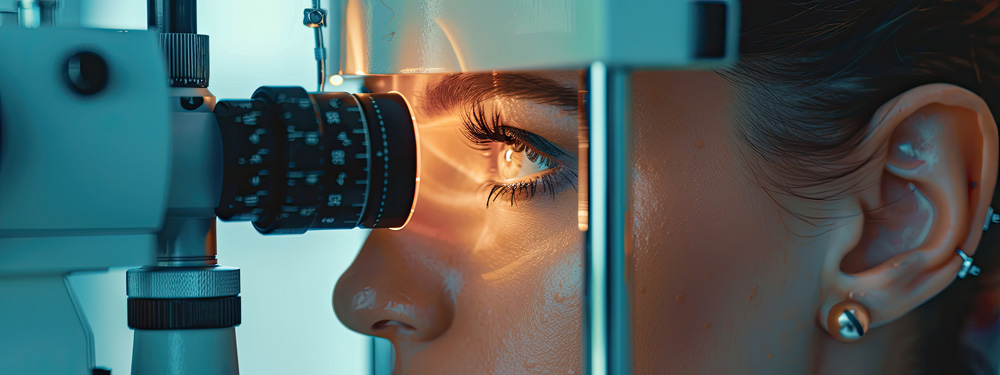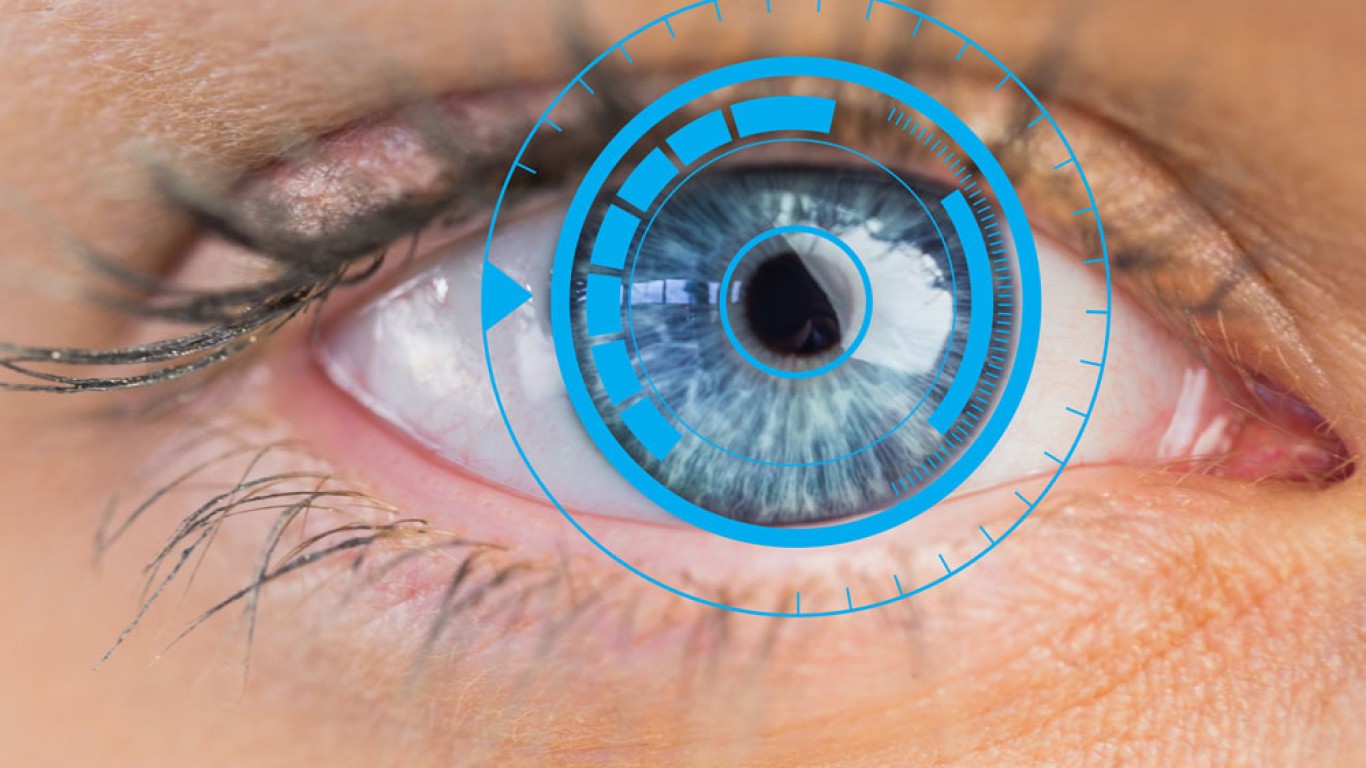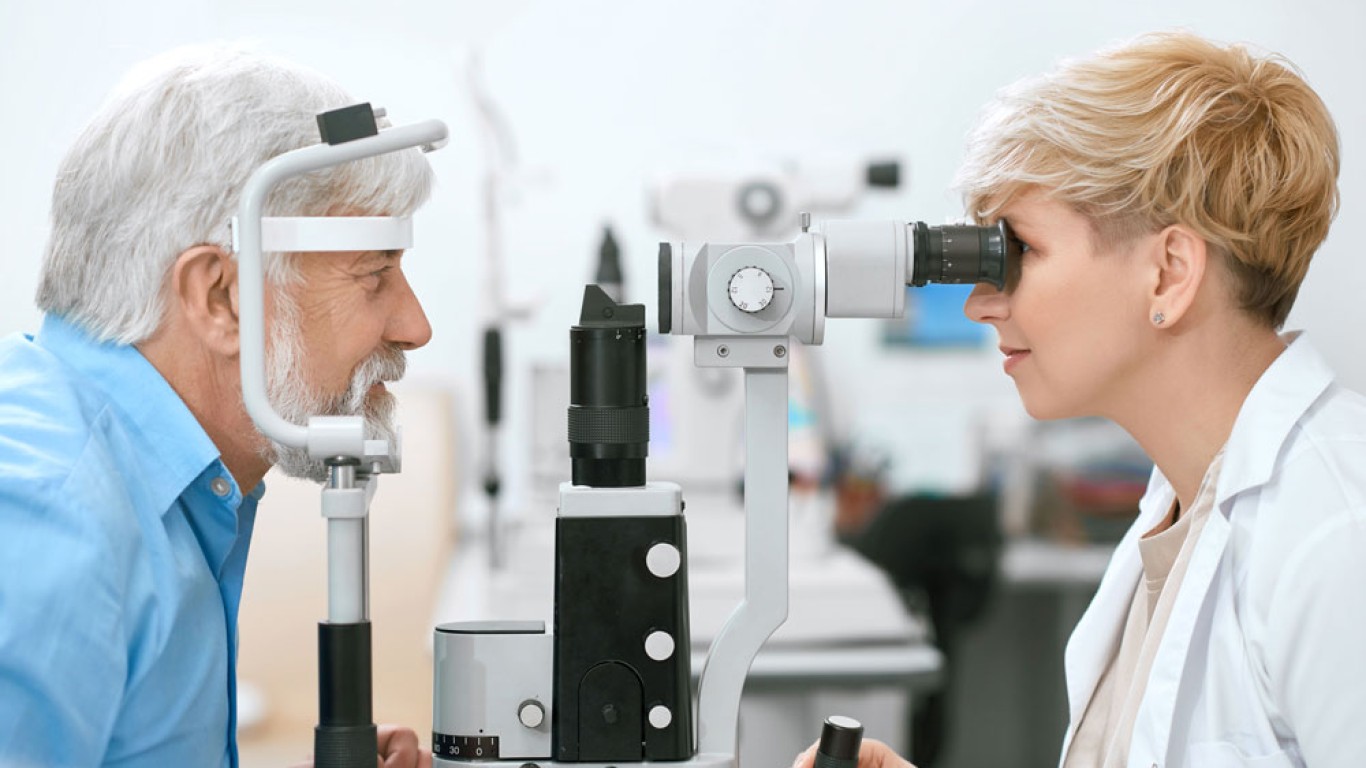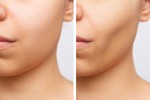Introduction: Why Ophthalmology Matters
Vision is central to how we experience the world. From reading and working to enjoying hobbies, eyesight underpins daily life. Protecting it requires medical expertise, and this is where ophthalmology plays its part. Ophthalmology is the branch of medicine dedicated to eye health. It combines diagnostics, treatments, and surgery to preserve and restore vision. This field continues to evolve, offering new solutions to common and complex conditions alike.
The Scope of Ophthalmology
Ophthalmology is broader than many imagine. It addresses not only refractive errors but also diseases affecting every part of the eye. This includes the cornea, retina, optic nerve, and surrounding structures. Ophthalmologists are trained as medical doctors and surgeons. They diagnose, prescribe, and operate depending on patient needs. Unlike optometrists, whose focus is on vision correction, ophthalmologists provide comprehensive eye care.
Common Eye Conditions Treated
Patients turn to ophthalmology for a wide range of conditions. Some are common, like short-sightedness or long-sightedness, while others are more serious.
- Cataracts cloud the eye’s lens, reducing clarity.
- Glaucoma damages the optic nerve due to pressure build-up.
- Macular degeneration affects central vision, often in older adults.
- Diabetic retinopathy results from damaged blood vessels linked with diabetes.
Each requires precise diagnosis and treatment, reinforcing the importance of ophthalmology in maintaining quality of life.
Refractive Surgery in Ophthalmology
Beyond disease management, ophthalmology also covers refractive surgery. LASIK, PRK, and SMILE are techniques that reshape the cornea. These procedures reduce or eliminate reliance on glasses or contact lenses. Patients often describe the freedom of clear vision as transformative. Ophthalmologists carefully assess suitability, considering corneal thickness, eye health, and lifestyle. Refractive surgery is one of the most requested treatments. Highlighting the role of ophthalmology in modern life.

Paediatric Ophthalmology
Children face unique vision challenges. Paediatric ophthalmology specialises in diagnosing and managing conditions such as lazy eye, crossed eyes, or congenital cataracts. Early intervention is crucial. Proper treatment can prevent long-term visual impairment and support educational development. Families often find reassurance in paediatric specialists. Those who combine medical care with an understanding of children’s needs. This subspecialty underscores how ophthalmology adapts to patient age and developmental stage.
Geriatric Ophthalmology
As populations age, ophthalmology increasingly addresses older patients. Conditions like glaucoma, cataracts, and age-related macular degeneration are more prevalent in later life. Geriatric ophthalmology focuses on early detection and management to preserve independence. Treatments may involve surgery, medication, or regular monitoring. Maintaining sight supports quality of life, helping older adults stay active and engaged. This aspect of ophthalmology grows in importance as life expectancy increases globally.
Ophthalmic Surgery Techniques
Surgical innovation defines modern ophthalmology. Beyond refractive surgery, techniques include cataract removal, corneal transplants, and retinal procedures. Many surgeries are minimally invasive, performed with microscopic precision. Technology like femtosecond lasers and robotic systems enhances accuracy. Patients benefit from shorter recovery times and improved outcomes. This progress demonstrates how ophthalmology blends science with artistry. Protecting one of the body’s most delicate organs.
Diagnostic Tools in Ophthalmology
Accurate diagnosis is vital. Ophthalmologists use advanced imaging technologies such as OCT (Optical Coherence Tomography). This creates detailed images of retinal layers, revealing early disease changes. Other tools include slit-lamp microscopes, fundus photography, and visual field testing. Collectively, these technologies allow early detection and targeted treatment. Patients often say these diagnostics as reassuring, knowing potential problems can be identified before symptoms become severe.
Lifestyle and Preventive Care
Ophthalmology isn’t just about treating illness. Preventive care plays a major role in maintaining healthy eyes. Lifestyle choices like balanced diets, hydration, and UV protection all protect long-term vision. Regular check-ups also identify concerns early. Screen use is another modern focus. Ophthalmologists encourage breaks, proper lighting, and corrective lenses when needed. Small adjustments can prevent strain and discomfort, supporting lifelong eye health.
Costs of Ophthalmology Care in 2025
Costs vary by country and treatment type. In the UK, routine eye exams with ophthalmologists cost £150–£250. In the USA, consultations often exceed £300. Surgical interventions are more expensive. Cataract surgery in the UK averages £3,000 per eye. While in Turkey, the same treatment may cost £1,200–£2,000. These figures highlight the financial considerations, though patients often see eye health as priceless.
The Cultural Importance of Vision
Sight has a strong cultural meaning. Phrases like “seeing is believing” reflect its symbolic power. In literature and art, eyes often represent truth and connection. Losing vision can feel like losing independence. Ophthalmology, therefore, doesn’t only treat medical conditions; it preserves dignity and identity. Patients frequently describe renewed appreciation for life after regaining sight. These stories underline ophthalmology’s profound role in society.
The Future of Ophthalmology
The future of ophthalmology looks promising. Advancements in artificial intelligence are helping detect conditions earlier than ever. Robotics and gene therapies are also entering practice, offering possibilities once thought impossible. Patients today benefit from precision care, and future generations will enjoy even more groundbreaking options to protect lifelong vision.
Conclusion
Ophthalmology is far more than eye exams. It’s a medical field that restores, preserves, and protects vision. From childhood conditions to age-related diseases, it supports patients at every life stage. Advances in diagnostics, surgery, and preventive care make ophthalmology vital to modern medicine. Its impact reaches beyond health, influencing confidence, independence, and cultural meaning.
For more information and to book a consultation visit the ACIBADEM Beauty Center Laser eye surgery page.
Frequently Asked Questions
A medical speciality focused on eye health, vision correction, and surgery.
Yes, they are trained as both doctors and surgeons.
Optometry focuses on vision correction, while ophthalmology treats medical and surgical eye conditions.
Early if vision problems appear, or regularly for congenital conditions.
It preserves sight, supports independence, and enhances quality of life.














